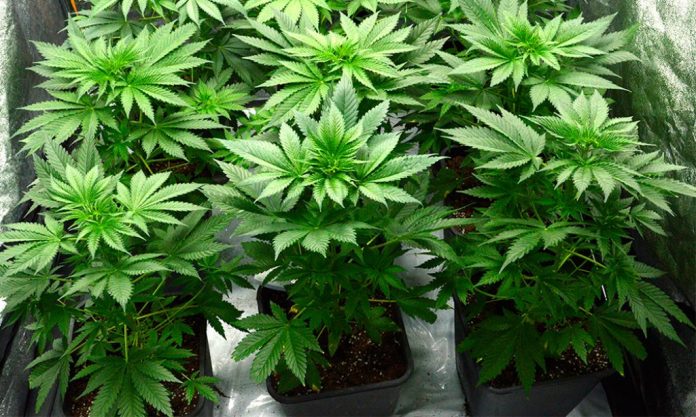Останні роки канабіс став усе більш популярним засобом для лікування та розслаблення, а в деяких країнах навіть легалізовано його вживання. Однак нові дослідження піднімають тривожні питання щодо впливу цього наркотику на молодий організм. Зокрема, вчені з Університету Макгілла в Канаді виявили, що вживання канабісу може бути особливо небезпечним для підлітків, порушуючи їхню нервову систему та збільшуючи ризик розвитку психозу.
Дослідження показало, що у молодих людей, схильних до ризику розвитку психозу, вживання канабісу сприяє зниженню щільності синаптичних зв’язків у мозку. Синаптичні зв’язки важливі для нормального функціонування нервової системи, а їхній дефіцит може вплинути на когнітивні та емоційні функції. Це може призвести до розвитку психозу або посилення вже наявних симптомів.
У рамках цього дослідження вчені використовували передову візуалізацію, щоб вивчити, як канабіс впливає на мозок молодих людей, які ще не розвинули повних симптомів психозу. У 49 учасників, розподілених на три групи (психоз, високий ризик психозу, контрольна група), вивчали синаптичну щільність у мозку за допомогою позитронно-емісійної томографії (ПЕТ). Результати показали, що в людей із високим ризиком розвитку психозу вже спостерігався дефіцит синаптичних зв’язків, а вживання канабісу тільки погіршувало цей процес. Особливо сильний вплив канабіс має на ділянки мозку, пов’язані з мотивацією та обробкою винагороди, такі як стріатум. Це підвищує ймовірність розвитку психозу в критичні періоди розвитку мозку, що підкреслює важливість обережності у вживанні канабісу підлітками.
Важливою частиною дослідження стало також те, що зниження синаптичної щільності було пов’язане з негативними симптомами психозу, такими як соціальна замкнутість і відсутність мотивації. Однак, як зазначають вчені, це не має прямого зв’язку з позитивними симптомами психозу, такими як галюцинації, що, ймовірно, зумовлено іншими біологічними механізмами. Незважаючи на важливість отриманих результатів, дослідники визнають обмеження їх роботи, зокрема невеликий розмір вибірки та те, що дослідження не дозволяє зробити остаточні висновки про причинно-наслідкові зв’язки. Подальші дослідження, зокрема довготривалі, допоможуть точніше з’ясувати, чи може зменшення вживання канабісу пом’якшити ці зміни в мозку або запобігти виникненню психозу.
Важливими є також питання індивідуальної сприйнятливості до канабісу. Тому раннє втручання і індивідуальні стратегії профілактики можуть допомогти зменшити негативний вплив канабісу на молодий організм та знизити ризик розвитку психічних розладів.


